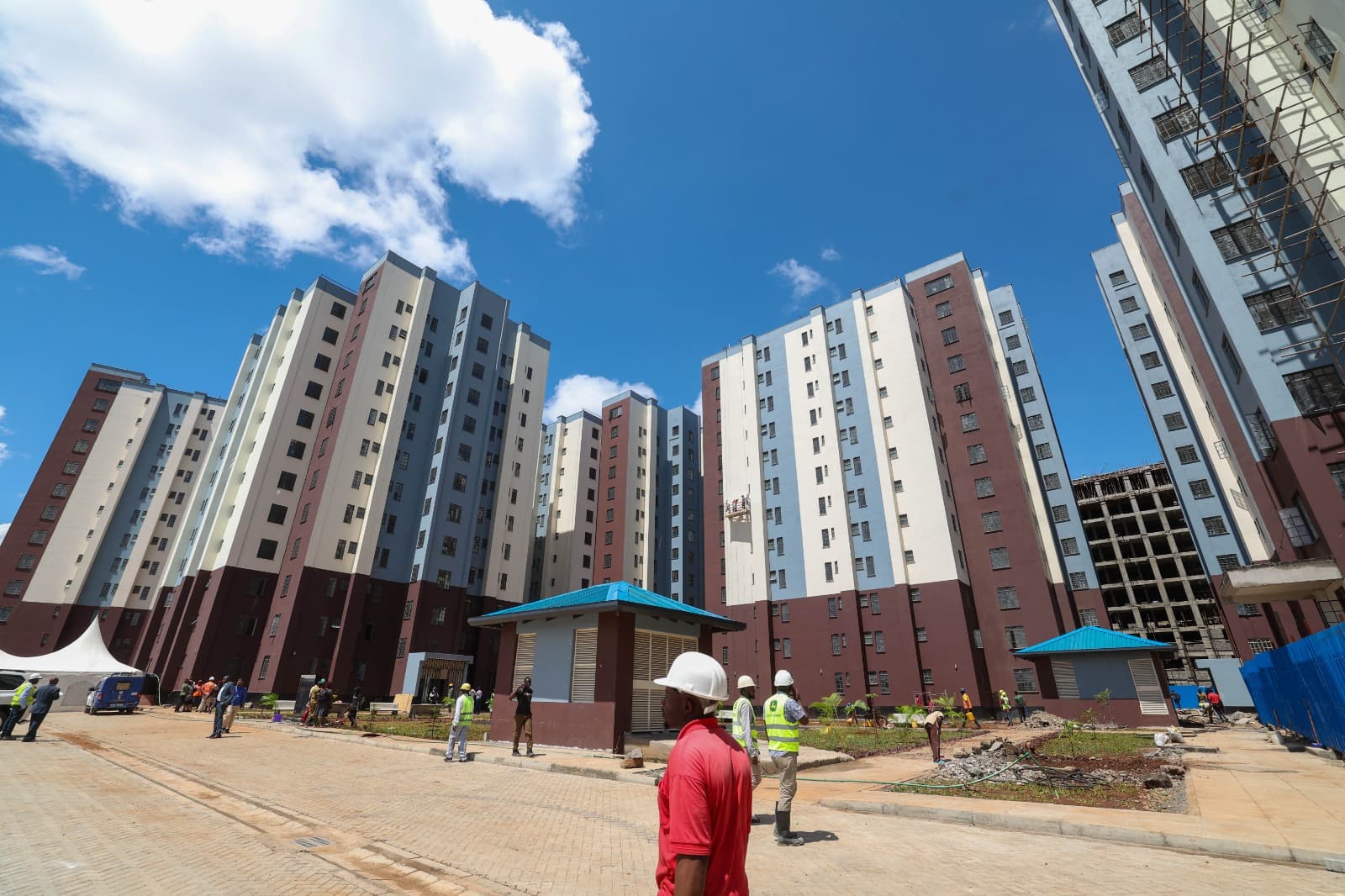We're loading the full news article for you. This includes the article content, images, author information, and related articles.
With millions in informal settlements facing escalating climate threats like flooding, Kenya is leveraging its global leadership to secure UN financing and technical support for urban resilience projects ahead of COP30.

BELEM, BRAZIL – Deputy President Kithure Kindiki, speaking on behalf of President William Ruto, has issued a direct appeal to the United Nations to bolster a Kenya-co-led initiative aimed at protecting the world's urban poor from the escalating impacts of climate change. The address, delivered on Sunday, November 9, 2025, on the sidelines of the COP30 conference in Belém, Brazil, places Kenya's domestic challenges with informal settlements at the forefront of its international climate diplomacy.
The focus of the appeal is the Building Climate Resilience with the Urban Poor (BCRUP) programme, a global initiative co-led by Kenya and Brazil. This programme is designed to shield vulnerable urban populations from climate shocks such as floods, droughts, and landslides by tackling underlying issues like poverty, inadequate infrastructure, and weak governance. With a significant portion of Kenya's urban population residing in informal settlements highly susceptible to extreme weather, the initiative carries critical local importance.
The BCRUP initiative was first announced during the UN Climate Action Summit in 2019 and championed by Kenya. Its profile was significantly raised by President Ruto at the inaugural Africa Climate Summit in Nairobi in September 2023, positioning it as a key African-led solution. An implementation plan was subsequently launched at COP28 in Dubai, outlining a strategy to mobilize resources for resilience projects across several African nations. The plan aims to improve living conditions for over 100 million people in poor urban neighbourhoods across a dozen African countries.
In his address to representatives from the UN Climate Action Team, UN-Habitat, and the UNFCCC Secretariat, Deputy President Kindiki outlined several concrete areas where Kenya seeks UN support:
Kenya's push is grounded in the stark reality of its urban landscape. According to UN-Habitat data, a large percentage of the country's urban residents live in informal settlements, which are often located in hazardous areas like floodplains. These communities have minimal infrastructure to cope with the intense rainfall and flooding that have become more frequent and severe, as seen in recent years. The government's efforts, including the Nairobi Rivers Regeneration Programme and social housing projects, have already received commendation from UN agencies as significant locally-funded resilience measures.
Deputy President Kindiki framed the initiative within a broader vision of Africa's role in the global climate agenda. He reiterated President Ruto's message from the 2023 Africa Climate Summit, highlighting the continent's potential to drive the global green transition through its vast renewable energy resources, critical mineral wealth, and a youthful population. "Africa holds the key to the global green transition," Kindiki stated, emphasizing that this potential can only be unlocked if historic climate financing pledges are met and the global financial architecture is reformed to provide affordable capital to developing nations.
As nations deliberate at COP30, Kenya's diplomatic engagement signals a strategic effort to translate its leadership on continental climate issues into tangible support that addresses the immediate needs of its most vulnerable citizens, demanding that global climate action delivers on its promise to leave no one behind.
Keep the conversation in one place—threads here stay linked to the story and in the forums.
Sign in to start a discussion
Start a conversation about this story and keep it linked here.
Other hot threads
E-sports and Gaming Community in Kenya
Active 9 months ago
The Role of Technology in Modern Agriculture (AgriTech)
Active 9 months ago
Popular Recreational Activities Across Counties
Active 9 months ago
Investing in Youth Sports Development Programs
Active 9 months ago